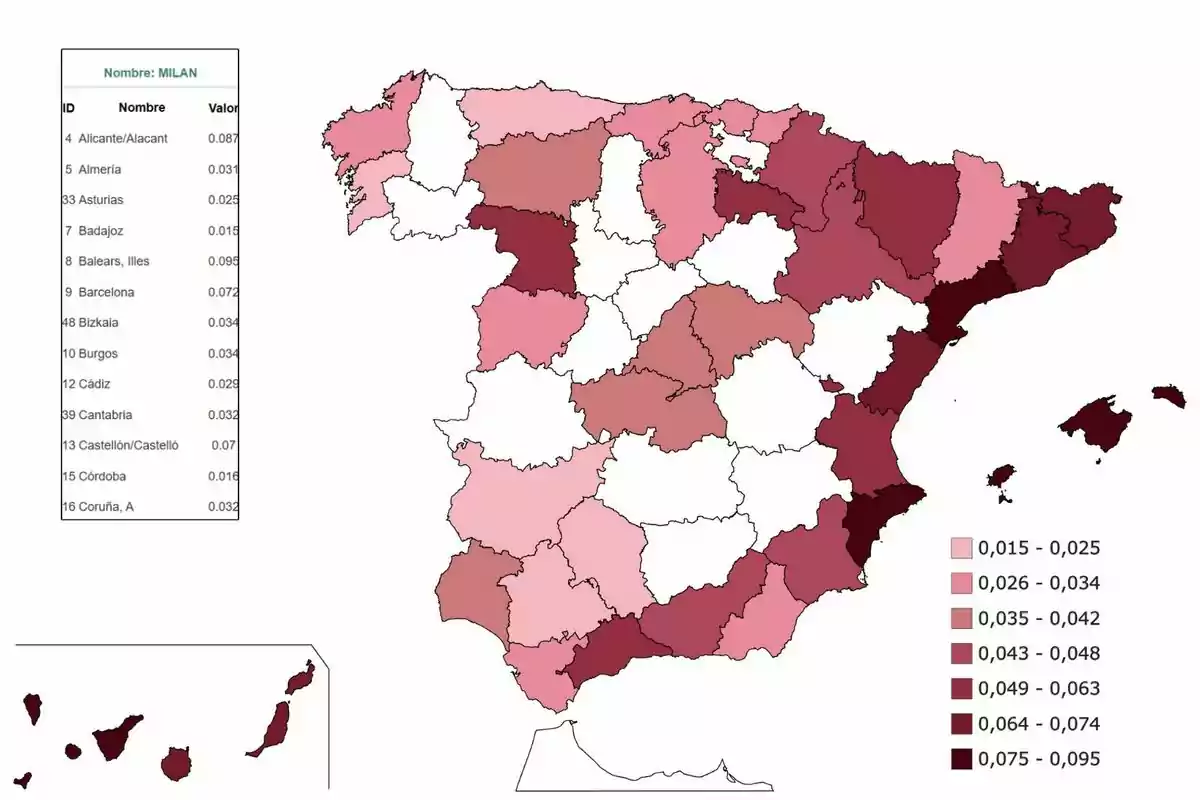
The original name comes from a well-known city and is carried by only 1,125 people.
A modern name with historical roots that connects with a city of great cultural and economic significance
Some names stand out for their musicality and elegant sound. They are usually short, easy to pronounce, and have an interesting history behind them. Additionally, they can evoke places, symbolic meanings, or cultural references.
Today we talk about a name that has gained popularity in recent years. Its use is not as common as others, but it has a notable presence in various regions of Spain. This name has been gradually positioning itself, especially among the younger ones, thanks to its fresh sound and its connection with iconic cities and European cultures.

Origin and meaning of Milán
The name Milán has an interesting and multifaceted origin. Firstly, it is linked to the Italian city of Milan, one of the most important cities in Europe. The name comes from the term 'Mediolanum,' which means "land in the middle" or "center of the plain," referring to its location in the Po Valley in northern Italy. This origin has a strong historical and cultural connotation, associated with the city's wealth and dynamism.
On the other hand, Milán also has a Slavic background. In some Slavic languages, the name comes from the root milu, which means "dear" or "gracious," giving it a more personal and affectionate meaning. This aspect highlights a kind and loving quality, making it even more attractive as a name for a child.
In some Eastern European cultures, this name has been used for centuries, although with variants like Milan or Mīlans. This name, although modern in the Spanish context, is associated with people of noble character and good heart, partly due to its both geographical and affectionate meanings.
Distribution and popularity
According to the National Institute of Statistics (INE), in Spain, there are 1,125 men named Milán. Their average age is 14 years, indicating that it is a relatively recent name in the country. Unlike other names more traditional, its use is more frequent among younger generations.

Milán is found throughout almost the entire territory, although its presence is more prominent in communities like the Canary Islands, the Balearic Islands, and Catalonia. These regions have shown a greater preference for this name compared to other parts of the country. Its use continues to grow, driven in part by its modern sound and its connection with European cities and cultures.
More posts: